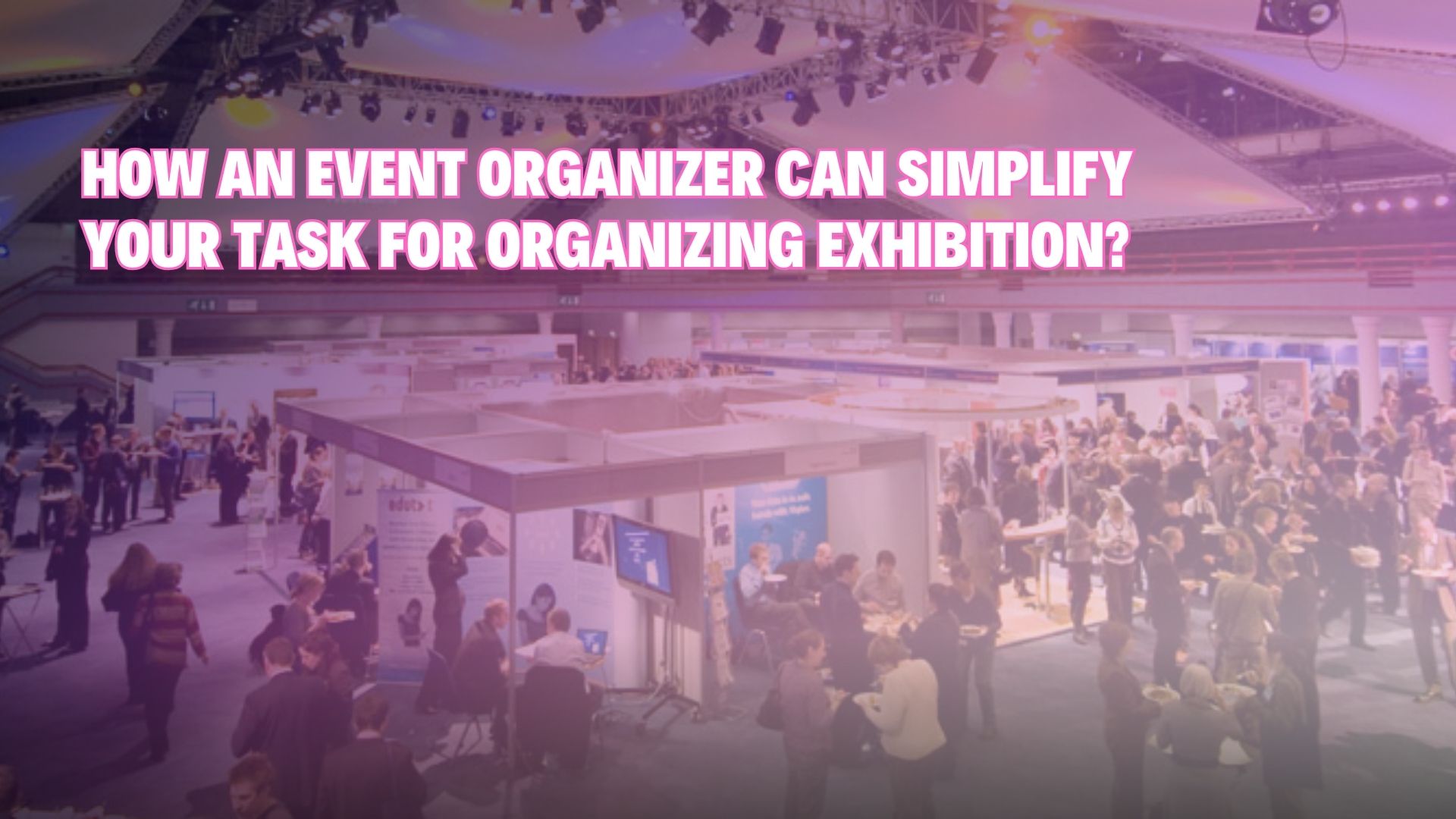
How an Event Organizer Simplifies Exhibition Organization Tasks
How an Event Organizer Simplifies Exhibition Organization Tasks
Planning an Exhibition? Consider These Exhibition Organization Tasks Well, hiring event managers can be quite helpful. For major public and business events like conferences, festivals, and product launches, an event management company is employed. On the other hand, high-end private parties, influencer gatherings, and commercial events frequently employ event coordinators too. Exhibitions require careful planning, coordination, and execution to be executed smoothly and effectively, and this is where event management comes into play.
Here are some works efficiently handled by event organizers
If you are hiring exhibition stall designer in Mumbai who are also event managers, then you can be less stressed about the entire program. Here are some things that they would be looking after:
Budget management
An exhibition’s budget is largely managed by event managers. By using their industry knowledge, they allocate resources effectively and develop realistic budgets.
Event managers make sure the show doesn’t go over budget by haggling with suppliers, finding economical solutions, and looking for possible places to save costs. They ensure that financial resources are optimized throughout the event’s lifecycle by rigorous planning and tracking, which helps to ensure a successful exhibition without sacrificing quality or the experience of attendees.
The capacity of event managers to handle financial difficulties enables planners to accomplish their goals while upholding economic responsibility.
Vendor management and distribution
Event coordinators are excellent at choosing and organizing vendors for exhibits. Using their wide networks, they locate and hire reliable suppliers, drafting agreements and making sure services meet the needs of the show.
Event managers enable smooth cooperation between caterers, venue providers, decorators, and audio-visual professionals. Their proficiency in managing a wide range of vendors ensures that every facet of the exhibition, from logistics to design, is expertly overseen, adding to the event’s overall success.
Technological integration
Event planners use digital tools and solutions to integrate technology in exhibitions with skill. To improve the experience of attendees, they make use of interactive technologies, virtual exhibition features, and registration platforms. Event managers make sure that everything integrates seamlessly, from mobile event apps to virtual vendor showcases and online registration systems. They satisfy the changing expectations of exhibitors and spectators by creating creative and engaging surroundings and by keeping up with technological changes. They also use technology to optimize the exhibition’s overall impact by streamlining procedures.
Legal Things
Event coordinators handle exhibition compliance and regulations by making sure that all legal requirements are met, securing the required permits, and putting health and safety protocols into place. Their careful approach ensures that the show conforms to all legal requirements, creating a safe and legal atmosphere for both exhibitors and visitors.
Conclusion
In summary, event planners are essential to the promotion of brands at shows. Through careful preparation of captivating events, application of digital marketing tactics, and production of unique experiences, they enhance the prominence and legitimacy of the exhibition as well as the companies involved. The deliberate incorporation of branding components guarantees a long-lasting influence on participants, cultivating favorable opinions and fortifying company identity. Event planners provide a substantial contribution to the overall success of brand marketing in the dynamic exhibition context by virtue of their knowledge.
